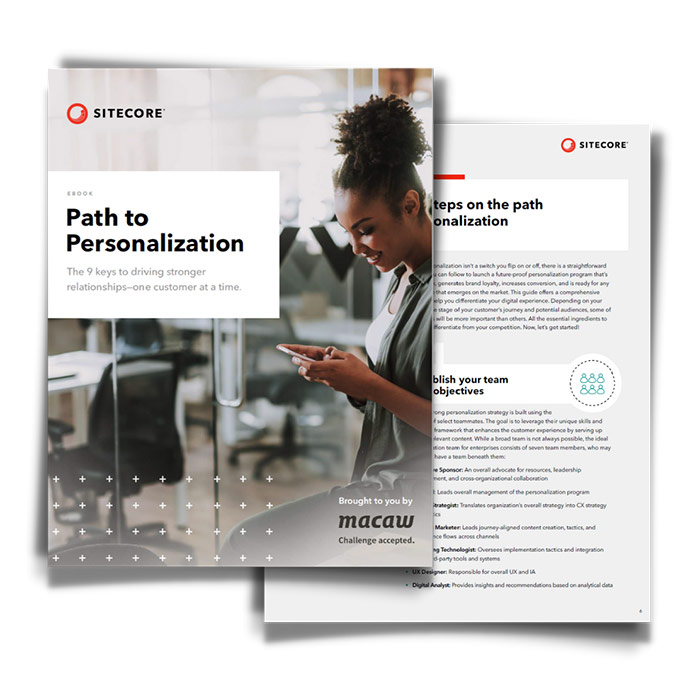
The competitive pressure on B2B companies is massive – and growing. Manufacturing companies, for example, which used to produce unique products are increasingly confronted with competitors who offer comparable products, often at lower prices, via B2B or B2C platforms such as Wish or AliExpress. How can they hold their own in this competitive environment?
The answer: by creating product innovations and increasing the attractiveness of their offerings through complementary digital and after-sales services. But this requires a deep understanding of the market. Companies need to know how end customers specifically use their products, which ones they are really interested in, and how their desires or behaviors change. Companies must therefore consider switching from mass production to smart, yet demand-driven production in small batches.
However, due to the usual supply and distribution chains, B2B companies are usually too far away from end customers to do this, and lack deeper insight into end customer demand and needs. Gathering this knowledge through distribution partners such as wholesalers or retailers is proving difficult, especially at the risk of straining the sensitive relationships they have built.
Companies seek direct contact with end customers
More and more companies are therefore choosing a different path. They are using digital channels and platforms to come into direct contact with end customers. While this has been an apparent trend for some time, it has been accelerated as a result of the pandemic, which is driving more and more end customers discover and purchase products via these platforms. As a result, digital channels and platforms offer a rapidly growing treasure trove of information about their needs and purchasing behavior.
A strong example of how these channels can be successfully implemented for more direct contact with end customers can be seen in a manufacturer of transport systems. In a test scenario, the company ventured into e-commerce and began offering their products on major marketplaces such as Amazon. This allowed the company to find out directly how end customers responded to the products – which were most successful, and which combinations of products appealed best to customers. Based on this information, the company eventually adjusted its product portfolio.
The role of marketing is changing
No matter which approach companies take, approaching end customers is changing the role of marketing, which is no longer exclusive to communications and advertising. Companies should consider the modern “4 P’s of Marketing” from marketing blogger Andy Hanselman: Permission, Participation, Performance, Proliferation. This turns B2B into a B2B2C approach. With it, this change brings about numerous challenges – including those of a technical nature. For example, it may be necessary to set up a marketing infrastructure that allows websites to be launched quickly in multiple countries and languages.
But it also requires a strong brand identity. In the past, B2B companies could easily tag along on their channel partners’ brands. But once they come into direct contact with end customers, their brand suddenly has to stand on its own two feet. That’s why it’s essential for companies to foster their brand identity from early on. They need to ensure that their brand emphasizes its distinctive character and is visible and present to end customers.
A welcome side effect of such rebranding is that it not only establishes greater proximity to end customers, but also to potential employees. Compared to the big consumer brands, B2B companies are much less well-known among young professionals, who are in favor of employers with a distinct vision and friendly culture. For this reason, a strong brand identity will continue to pay off in the long run in the “talent war”.








